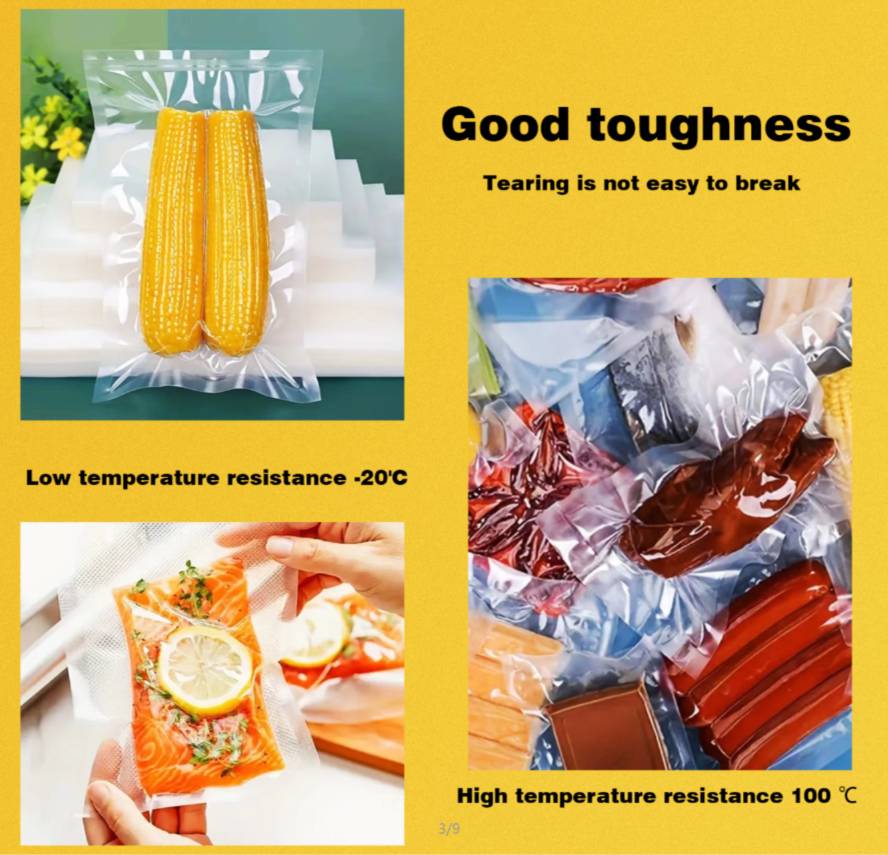Eco-Friendly Pulp Packaging Solutions for Sustainable Product Protection and Delivery
Natural Pulp Packaging A Sustainable Future for Packaging Solutions
In recent years, the conversation surrounding environmental sustainability has gained unprecedented momentum. As consumers become increasingly aware of the detrimental effects of plastic waste and pollution, the demand for eco-friendly alternatives has surged. One of the most promising solutions that has emerged in this discourse is natural pulp packaging, which is rapidly becoming a favored choice among environmentally conscious businesses and consumers alike.
Natural pulp packaging is primarily made from renewable plant fibers, typically derived from wood, bamboo, or recycled paper. This biodegradable option offers a compelling alternative to conventional plastic packaging, which often takes hundreds of years to decompose. The use of pulp as a packaging material not only reduces the environmental footprint but also aligns with the broader goals of circular economy practices, where the emphasis is placed on reusability and recyclability.
One of the significant advantages of natural pulp packaging is its versatility. It can be molded into a variety of shapes and forms, making it suitable for a wide range of products, from food items to electronics. Companies can create custom molds that perfectly fit their products, ensuring that packaging not only serves its protective purpose but also enhances the overall presentation and appeal of the items. This aspect is particularly crucial in the retail environment, where aesthetics and branding play a pivotal role in attracting consumers.
Additionally, natural pulp packaging provides excellent cushioning and protective qualities. The inherent structure of pulp fibers allows for exceptional shock absorption, making it an ideal choice for fragile products. By using natural pulp packaging, businesses can significantly reduce the risk of damage during transportation and handling, thereby minimizing waste and associated costs. Moreover, this protective quality extends to food packaging, where maintaining product integrity and freshness is of utmost importance.
natural pulp packaging

Eco-conscious consumers are also becoming increasingly interested in product packaging's impact on their health. Unlike plastic, which can leach harmful chemicals into food products, natural pulp packaging is free from hazardous substances. This characteristic makes it a safer choice for food and beverage packaging, as it helps preserve the quality of the contents without introducing any unwanted contaminants. As health and wellness take center stage in consumer priorities, the appeal of natural pulp packaging continues to rise.
Furthermore, the production process for natural pulp packaging is greatly less taxing on the environment than that of traditional packaging materials. The industry is adopting sustainable forestry practices, ensuring that the sourcing of raw materials does not contribute to deforestation. Many manufacturers are now embracing a tree-to-packaging approach that prioritizes renewable resources and the overall health of ecosystems. By utilizing waste from other industries, such as agriculture, companies can reduce their material costs while simultaneously contributing to waste reduction efforts.
The movement toward natural pulp packaging is gaining traction worldwide, supported by various regulations and initiatives aimed at reducing plastic waste. Many governments are implementing bans or restrictions on single-use plastics, further propelling businesses to seek sustainable alternatives. This shift in regulation, combined with rising public awareness, signifies a pivotal moment for natural pulp packaging, as it stands to benefit from favorable market conditions.
In conclusion, natural pulp packaging is not just an alternative; it represents a shift towards a more sustainable and environmentally friendly approach to packaging. With its biodegradability, versatility, protective qualities, and health benefits, it meets the demands of modern consumers while safeguarding our planet for future generations. As the world continues to grapple with the challenges posed by plastic pollution, embracing natural pulp packaging could be a significant step towards a more sustainable future. Businesses and consumers alike have an opportunity to embrace this innovation, turning sustainability from a trend into a lasting change in how we approach packaging.
-
Stretch Film Solutions: A Comprehensive GuideNewsJun.03,2025
-
Stretch and Shrink Packaging SolutionsNewsJun.03,2025
-
Revolutionizing Packaging with Modern Wrapping SolutionsNewsJun.03,2025
-
Innovative Solutions for Silage and Window TintingNewsJun.03,2025
-
Efficient Packing with Stretch Wrap SolutionsNewsJun.03,2025
-
Effective Packaging with Stretch Wrap SolutionsNewsJun.03,2025
-
Have the freedom of customizing your custom mailers any way you want! Our dedicated packaging support will help deliver you the mailing experience you need to elevate your shipping experience to the next level! Start making a strong impression on your customers and stand out from your competitors! -
LIYA uses high quality raw materials which directly purchased from large enterprises domestic and overseas such as PetroChina, Sinopec, Sabic, Equate, ExxonMobil, Dow Chemical, Total, and Borouge, ensuring the price advantage and quality of the raw materials. -
LIYA uses high quality raw materials which directly purchased from large enterprises domestic and overseas such as PetroChina, Sinopec, Sabic, Equate, ExxonMobil, Dow Chemical, Total, and Borouge, ensuring the price advantage and quality of the raw materials.





